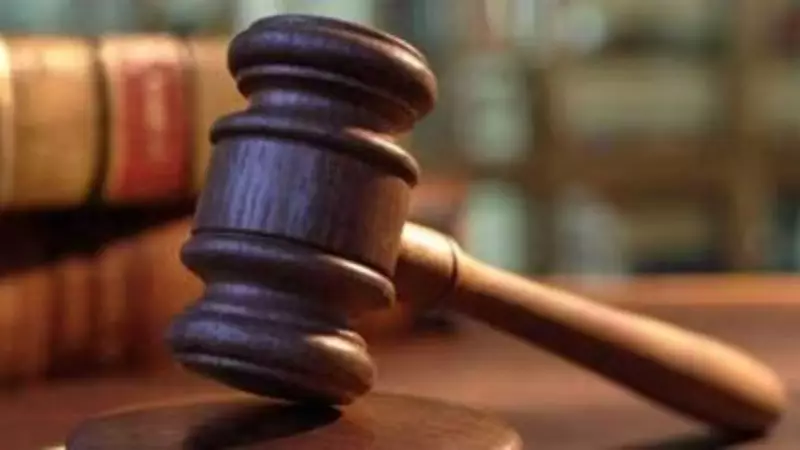
Court Upholds Grandmother's Will in Family Property Dispute
The Punjab and Haryana High Court has delivered a significant ruling in a long-standing family inheritance dispute, dismissing an appeal by three grandchildren challenging their grandmother's will that left properties exclusively to her surviving sons.
In a verdict that reinforces the legal sanctity of properly executed wills, Justice Pankaj Jain upheld the validity of a 2001 will executed by the late Shanti Devi, bringing closure to a legal battle that began in 2016.
The Family Conflict Over Shanti Devi's Estate
The case centered around the estate of Shanti Devi, who passed away in June 2003. She and her husband, the late Siri Ram, had four sons and three daughters. One of their sons, Gobind Ram, had predeceased his mother in 1989, leaving behind children who would become the appellants in this case.
The contested will, dated February 27, 2001, clearly specified that the main property should go to son Ashok Gupta, while two other properties were bequeathed to brothers Rajender Gupta and Subhash Gupta. The respondents, including Saroj Gupta, successfully defended the will as a genuine expression of Shanti Devi's final wishes.
The appellants—Vinod Gupta and his siblings—had sought a one-fourth share in the suit properties, claiming the will was forged and that they were entitled to inherit as co-owners following their grandmother's death.
Legal Scrutiny and Witness Testimony
Justice Jain conducted a thorough examination of the execution process and witness statements. The court found that three attesting witnesses had testified to seeing Shanti Devi acknowledge and thumb-mark the document in their presence, both privately and before the sub-registrar during registration.
Despite the appellants' contention that the will failed legal tests for proper signing and witnessing, the judge noted that "the testimony of two other witnesses namely Sunder Lal and Jagdish Prasad satisfies the requirement" for validation, even if one witness had joined after the initial drafting.
The ruling drew from established Supreme Court guidelines on will execution, emphasizing that proper witnessing by at least two people who confirm the signer's intent is crucial for validation.
Court's Landmark Observation on Natural Succession
In what becomes a pivotal aspect of the judgment, Justice Jain addressed the appellants' argument that excluding natural heirs without cause should raise suspicions about the will's validity.
The court firmly rejected this notion, stating: "Execution of a will is always a departure from the natural succession. Once reasons have been assigned to execute a will in favour of a beneficiary, mere exclusion of some of the legal heirs cannot be taken to be an abnormal circumstance which can be termed as suspicious to dislodge the will."
Shanti Devi had provided clear explanations in the document for her decisions, noting that her sons Ashok, Rajender and Subhash, along with Subhash's wife Saroj, had cared for her deeply, with Saroj showing "regard more than her own mother." The court noted that Shanti Devi had lived with Subhash Gupta's family for the final two decades of her life.
The ruling aligns with recent Supreme Court precedents that stress doubts about wills must be "real, germane and valid" rather than imagined or based solely on the exclusion of family members.
Legal Representation and Case History
The appellants were represented by senior advocate Amit Jain with Anupam Mathur and Aryaman Thakur, while Mohit Chaudhary appeared for the respondents. The original suit, filed in 2016, had been dismissed by the trial court, a decision that the high court has now affirmed through this 11-page order uploaded on Thursday.
The court found that the appellants' allegations of forgery lacked substantiating evidence, and their claims about cordial family ties being undermined by the exclusions didn't meet the legal threshold to invalidate a properly executed will.
This judgment serves as an important reminder that testators have considerable freedom in distributing their assets, provided the will meets execution requirements and the testator demonstrates sound mind and intent.





